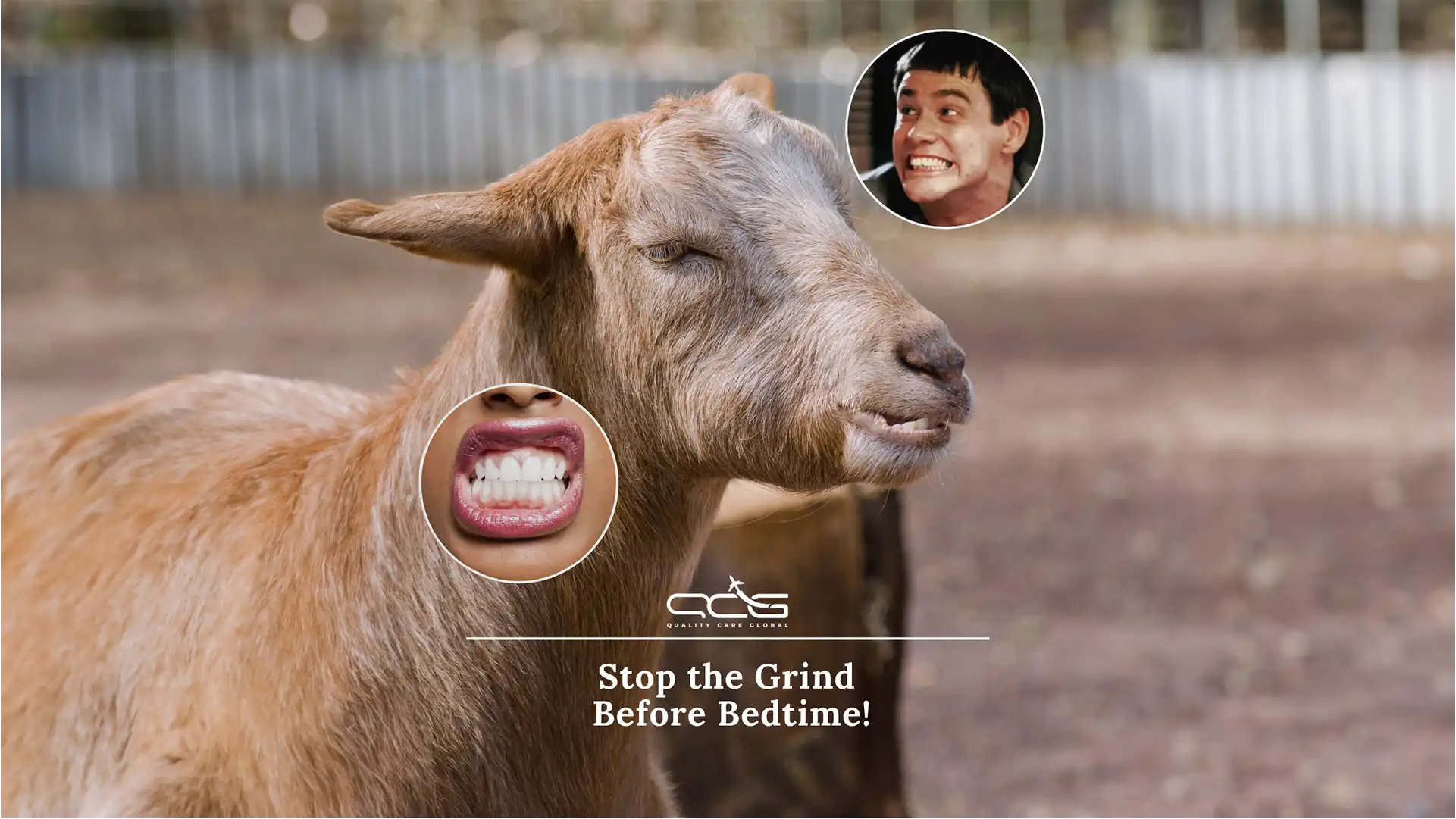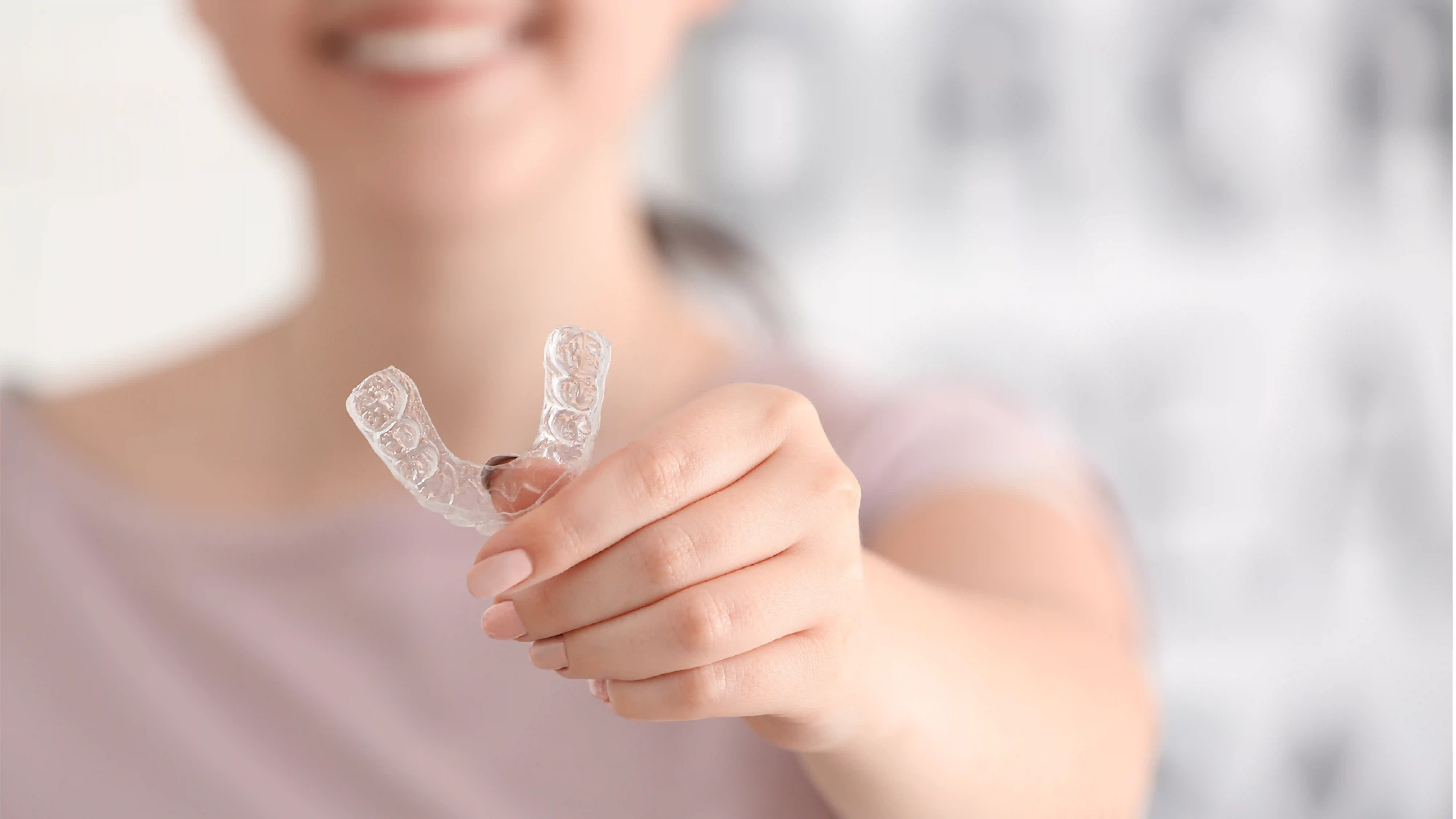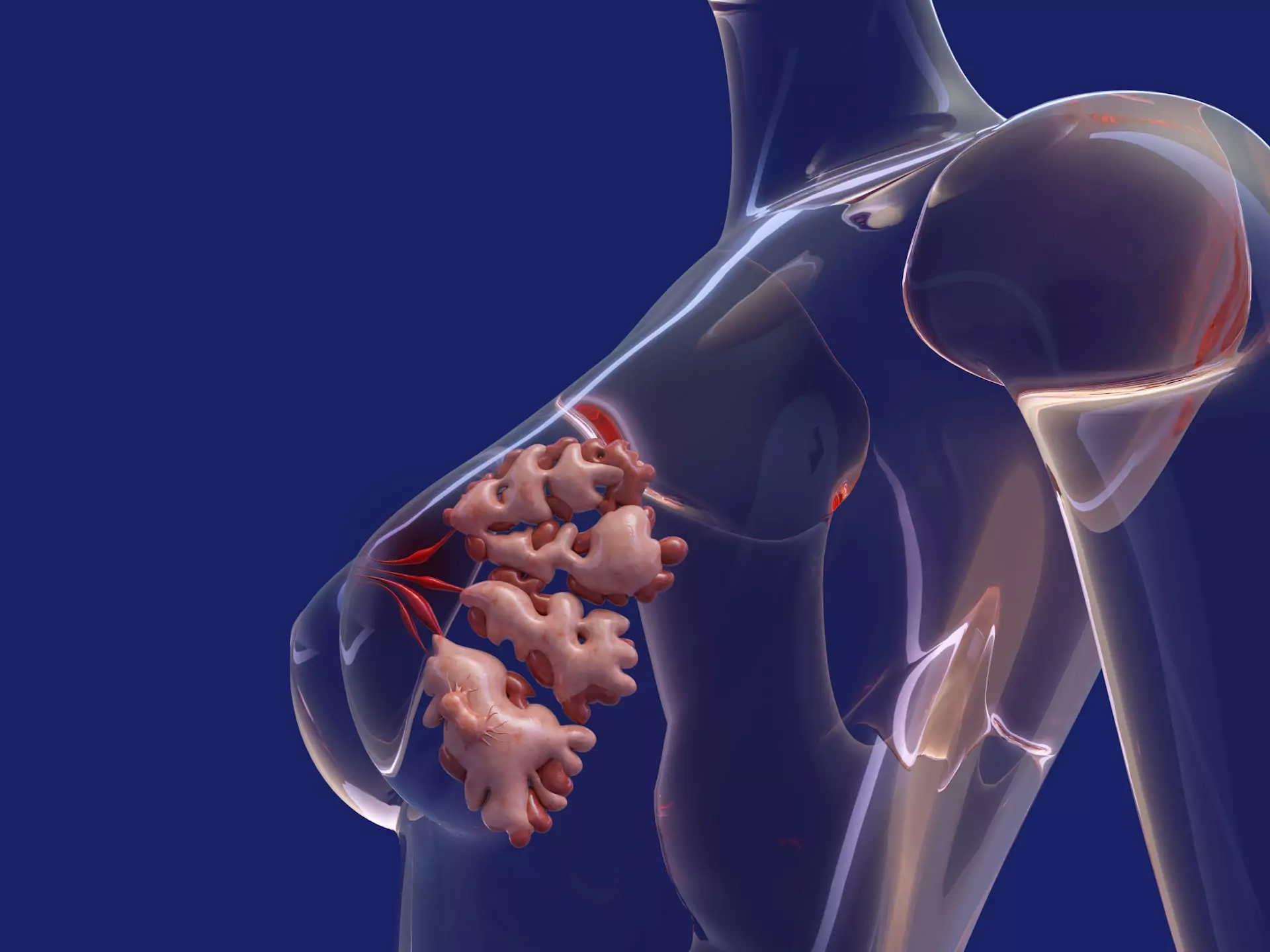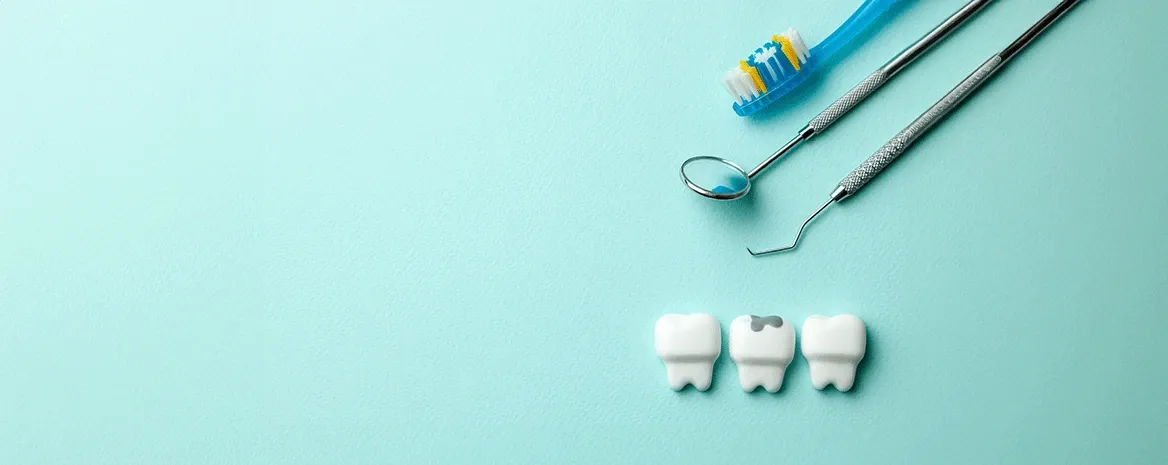Teeth Grinding: Causes, Solutions, and Effects

Bruxism is the habitual clenching, grinding, or gnashing of teeth, often unconsciously, whether awake or asleep. While occasional teeth grinding can occur, frequent episodes can lead to dental damage, headaches, and jaw pain. This condition not only affects oral health but can also have broader impacts on one's overall health and quality of life. Understanding bruxism's symptoms, causes, and treatment options is crucial for mitigating its effects.
Who It Affects
Bruxism can affect people of all ages, but it is most prevalent among children, adolescents, and young adults. In children, it often happens as their teeth grow and develop, sometimes continuing into adolescence. Adults may experience it due to high-stress levels, lifestyle factors, or other health conditions. Despite its commonality, bruxism often goes unnoticed because it frequently occurs during sleep, making self-diagnosis challenging. It can also affect older adults, particularly those with neurological conditions or high-stress lifestyles.
Types of Bruxism
- Awake Bruxism: Occurs during waking hours and is often triggered by stress, anxiety, or intense concentration. It can be a response to emotional states or a habit during activities that require focus.
- Sleep Bruxism: Happening during sleep, this type is classified as a sleep-related movement disorder. It often involves rhythmic or sustained jaw muscle contractions and can be associated with other sleep disorders such as sleep apnea.

Causes and Triggers
- Stress and Anxiety: High levels of stress and anxiety are strongly associated with bruxism.
- Sleep Disorders: Conditions like obstructive sleep apnea (OSA) can contribute to sleep bruxism.
- Dental Issues: Misaligned teeth or an abnormal bite can lead to bruxism as the jaw tries to find a comfortable position.
- Lifestyle Factors: Habits such as smoking, excessive alcohol consumption, and high caffeine intake are linked to increased bruxism risk.
- Medications: Certain medications, particularly those that affect the central nervous system like antidepressants and amphetamines, can induce bruxism.
- Genetics: There may be a hereditary component, as bruxism tends to run in families.
Symptoms
- Headaches: Frequent tension headaches, particularly upon waking.
- Jaw Joint Pain: Pain or discomfort in the temporomandibular joint (TMJ).
- Earaches: Pain that feels like it's in the ear, often due to jaw muscle tension.
- Tooth Sensitivity: Increased sensitivity to hot, cold, or pressure.
- Facial Stiffness: Stiffness or soreness in the facial muscles upon waking.
- Dental Damage: Cracked or chipped teeth, worn-down tooth enamel, and increased tooth mobility.
- Tongue and Cheek Injuries: Indentations on the tongue or injuries to the cheek tissue from biting.
Diagnosis
Diagnosing bruxism involves a combination of patient history, clinical examination, and sometimes additional tests such as:
- Dental Examination: Dentists check for signs of tooth wear, damage, and jaw muscle tenderness.
- Patient History: Discussing symptoms such as jaw pain, headaches, and sleep disturbances.
- Sleep Studies: Polysomnography may be recommended to observe sleep patterns and identify bruxism episodes.
- Bite Analysis: Evaluating the alignment of teeth and the bite to identify potential contributing factors.
Treatment
Treatment options for bruxism depend on its severity and underlying causes and can include:
- Stress Management: Techniques such as relaxation exercises, therapy, and biofeedback.
- Nighttime Mouthguards: Custom-fitted mouthguards protect teeth from grinding damage and reduce jaw strain.
- Orthodontic Treatment: Addressing misaligned teeth or bite issues with braces or other orthodontic devices.
- Medications: In some cases, muscle relaxants or anxiety-reducing medications.
- Lifestyle Changes: Reducing alcohol and caffeine intake, quitting smoking, and improving sleep hygiene.
- Behavioral Therapy: Techniques to break the habit of clenching or grinding teeth.

Prevention
Preventing bruxism involves adopting healthy habits and addressing potential triggers:
- Good Sleep Hygiene: Creating a relaxing bedtime routine and ensuring a comfortable sleep environment.
- Stress Reduction: Practicing relaxation techniques and seeking professional help for managing stress and anxiety.
- Regular Dental Visits: Routine check-ups for early detection and management of bruxism.
- Avoid Stimulants: Reducing the intake of caffeine and alcohol, especially before bedtime.
- Jaw Exercises: Strengthening and relaxing jaw muscles through exercises.
When to See a Doctor
Consult a healthcare professional if you experience:
- Chronic Pain: Persistent pain in the jaw, face, or ears.
- Frequent Headaches: Recurring tension headaches or migraines.
- Severe Tooth Damage: Noticeable damage to teeth, such as cracks or chips.
- Sleep Disruptions: Sleep disturbances or feeling tired despite a full night’s sleep.
- Difficulty Opening or Closing Mouth: Problems with jaw movement or a locking jaw.
- Signs of Sleep Disorders: Symptoms such as loud snoring, gasping for air during sleep, or pauses in breathing.
Conclusion
Bruxism can significantly impact dental health and overall well-being, underscoring the importance of timely intervention and comprehensive care. Recognizing the signs and symptoms, understanding the causes and risk factors, and seeking appropriate treatment can help manage this condition effectively.

